Meet the Gonzalez Lab at McGill University.
A collective of collaborative, interdisciplinary, and nature-inspired scientists.
Professor, Liber Ero Chair in Conservation Biology, co-Chair (elect) GEO BON , Founding director of the QCBS
Hey, I’m Andrew Gonzalez. I oversee the research conducted here in the lab and work to keep our team driven by science that matters. I have spoken at the World Economic Forum and co-lead the Adapting Urban Environments for the Future theme of McGill's Sustainability Systems Initiative. In 2018, I co-founded an urban resilience consulting company, called Habitat.
Research Associate
Juan develops methods and tools to identify Key Biodiversity Areas (KBAs) across Canada. His goal is to make a tangible contribution in biodiversity science and conservation planning by identifying areas of high potential for KBA sites. His work will eventually create not only new protected areas but will be relevant for regional and local planning, environmental impact assessments, monitoring targets, guiding investments, restoration, among others.
Post-doc
Ágnes’ work is on ecosystem services, their mapping and assessment with different indicators, and resulting conceptual and methodological challenges. Now she focuses on synthesizing results from the ResNet project, specifically on finding a set of ecosystem services indicators that can be compared across landscapes in Canada, tested for up and/or downscaling in order to obtain results that can provide answers relevant for local decision making as well as for higher level decision making.
Post-doc
Wenyuan is interested in how connectivity impacts species movement, and how connectivity scales from habitat patches to entire regions. He is refining new methods for conservation scenarios (e.g. expanding protected areas) and indicators that integrate connectivity with Habitat and MELCCFP.
Post-doc
Francis works in the development of the Canadian Biodiversity Observation Network (CAN BON). He aims to establish a partnership network that will allow us to design a biodiversity data strategy. He will also work on developing statistical and geospatial analysis tools to monitor the biodiversity network. One of his main goals it to work with partners to produce a nationwide biodiversity model which would provide prediction services for Canadian stakeholders.
Post-doc
Saif's research focuses on developing and applying advanced tools for monitoring and modeling ecosystem services. He integrates biological and ecological data across scales to predict ecosystem and biodiversity changes. His work advances machine learning, geostatistical, and geospatial methods for monitoring biodiversity networks, contributing to the Canadian Biodiversity Observation Network (CAN BON) and aligning with the GEO BON framework to support evidence-based reporting, policy-making, and conservation efforts.
PhD Candidate
The focus of Flavio’s work is on monitoring ecosystem services. Namely, how do we track changes through space and time of the benefits people get from nature. Right now he is focused on monitoring sea otters to understand how carbon storage in kelp forests and First Nations sea food fisheries are going to change. Flavio loves to study anything marine but his future work will look at pollination and coastal protection services in other regions of Canada as part of the ResNet project.
Undergrad Student
Caroline is currently working on a project to create 3D-printed landscapes for the model species, F. candida. These landscapes consist of nodes connected by corridors, and will be used to study the relationship between modularity and perturbation impact. She is interested in creating easily replicable unitary models that can be manipulated to form complex networks.
Undergrad Student
Leveraging her GIS minor, Emma is creating a Story Map on current and future habitat connectivity within the St. Lawrence Lowlands, emphasizing changes expected within the next 100 years, and topics to be addressed. Through map redesign, condensing reports, and showcasing new connectivity projects, she is helping visualize and contextualize the most recent report on Connectivity in the St. Lawrence Lowlands (2021) written by members of the Gonzalez Lab, QCBS, Apex Resource Management Solutions Ltd, and Habitat.
Communications Manager
Veronica has always been passionate about understanding how the world works and how to change it. After graduating in Economics and Social Sciences at the University of Bolzano, she quickly realised that pursuing a career in communications would allow her to exactly do that. Now, her role as communications manager of the Gonzalez lab enables her to bring the world of academia to the general public to help make science more impactful.
Lab Manager
Michelle studied freshwater food webs and species interactions during her MSc. She has since worked on projects with the Canadian LakePulse Network, the Large Experimental Array of Ponds (LEAP), Environmental & Climate Change Canada (ECCC), and the International Society of Limnology (SIL). She is passionate about applying broad field and lab techniques in creative ways to investigate freshwater systems. Michelle supports research activities and splits her time as a research assistant in a paleolimnology lab and lab manager in the Gonzalez Labs at McGill.
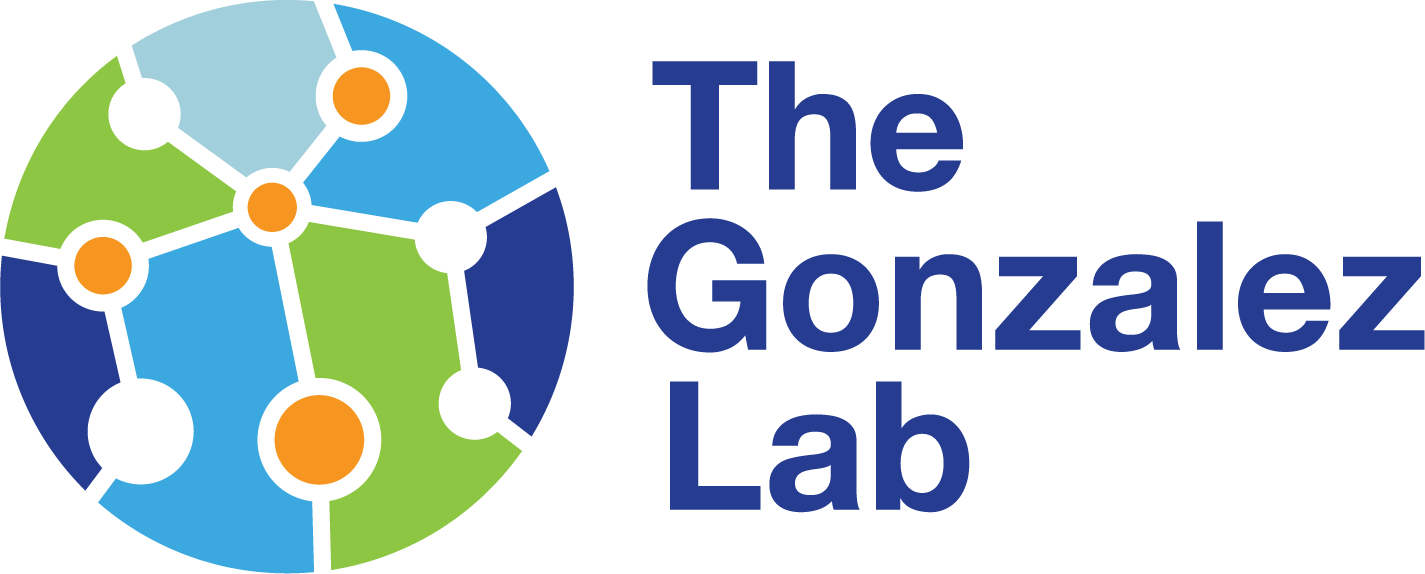






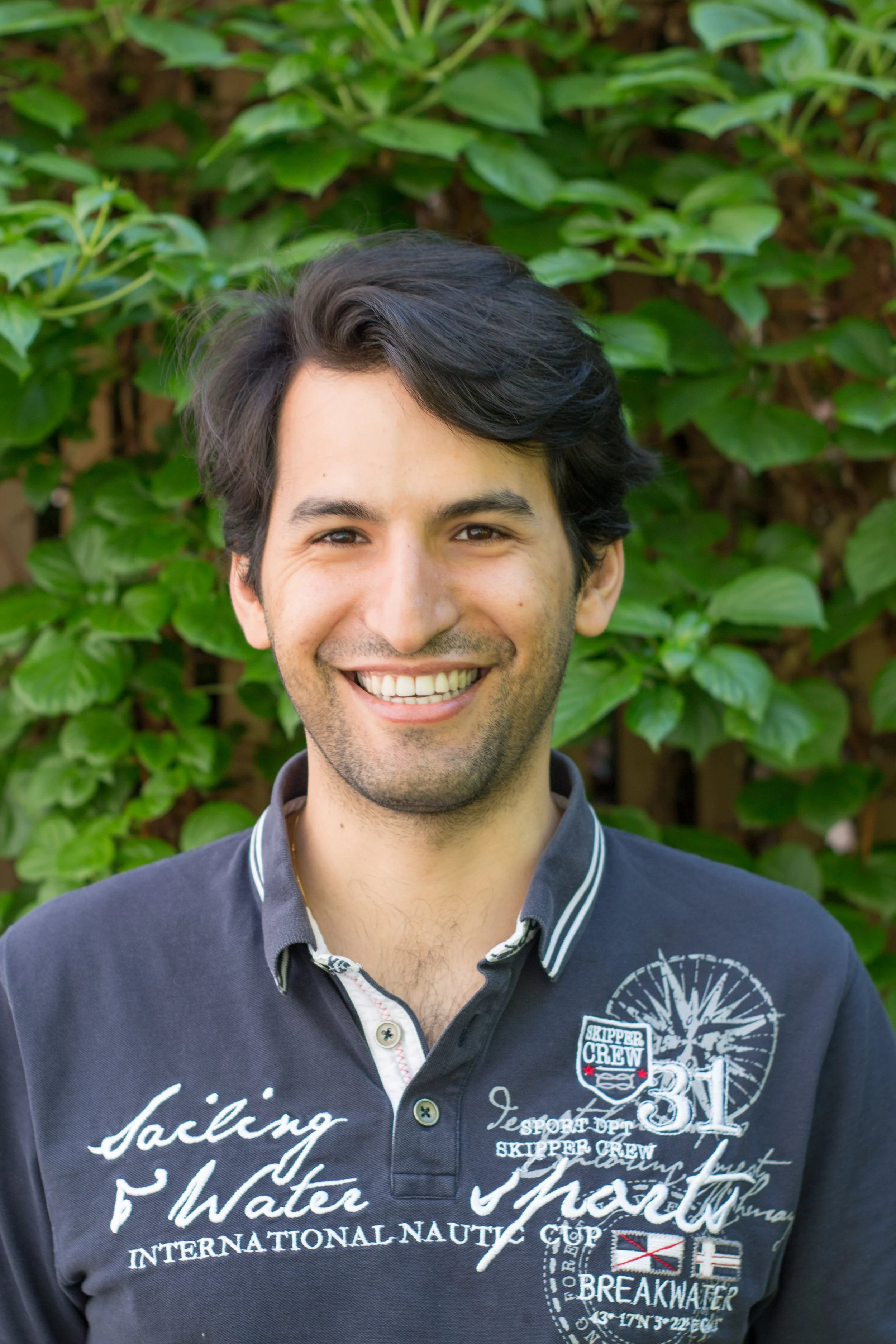

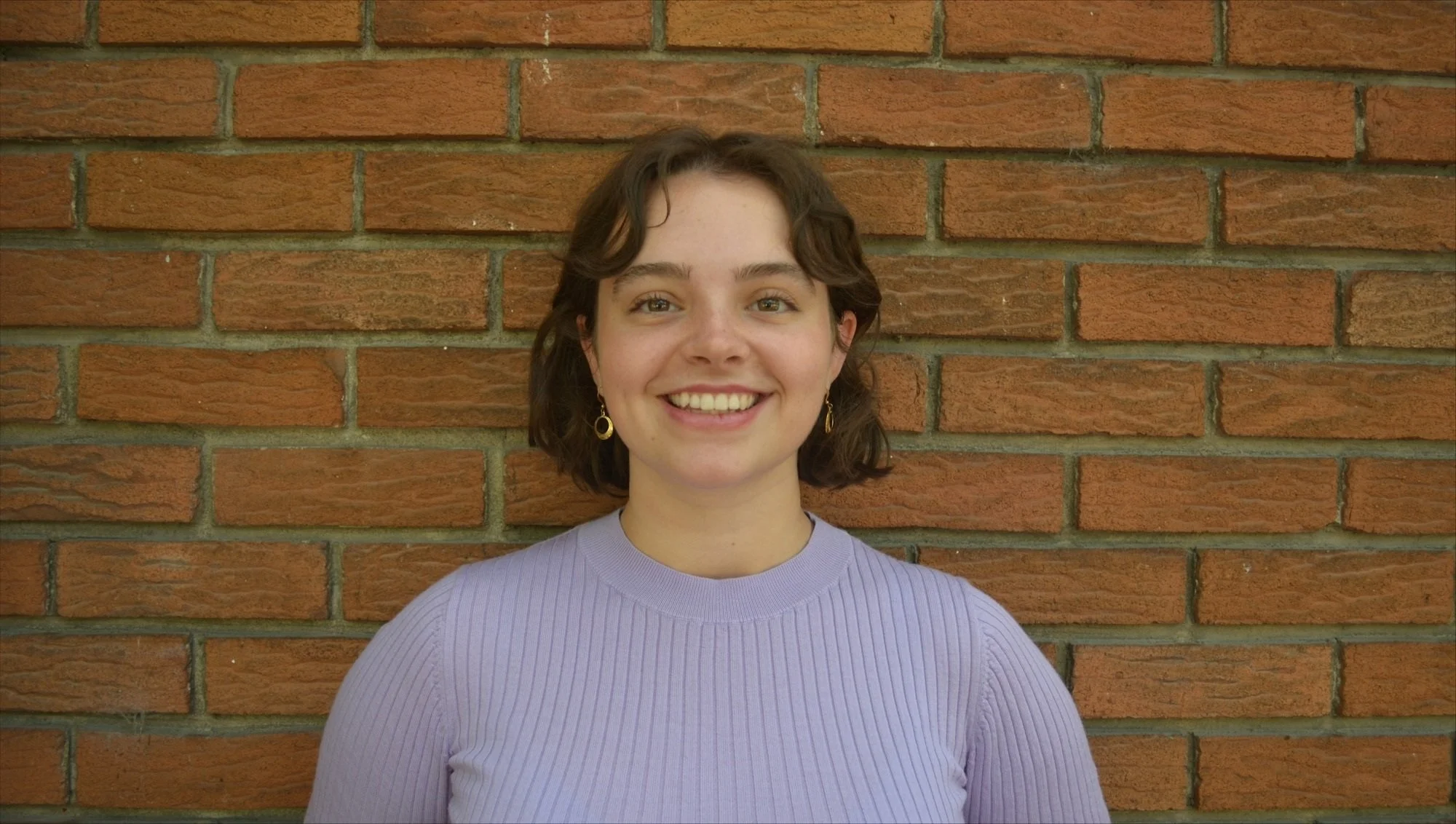


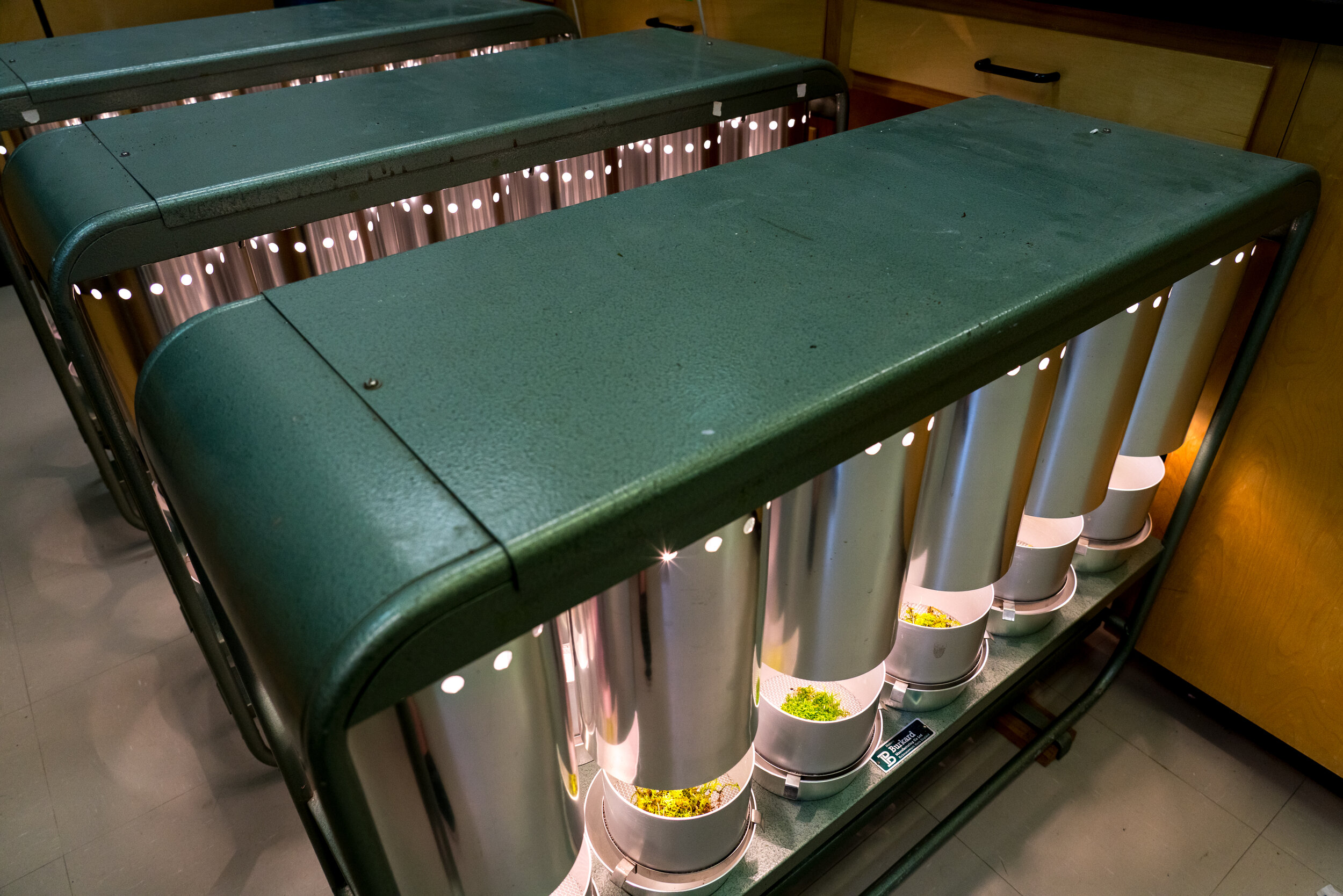
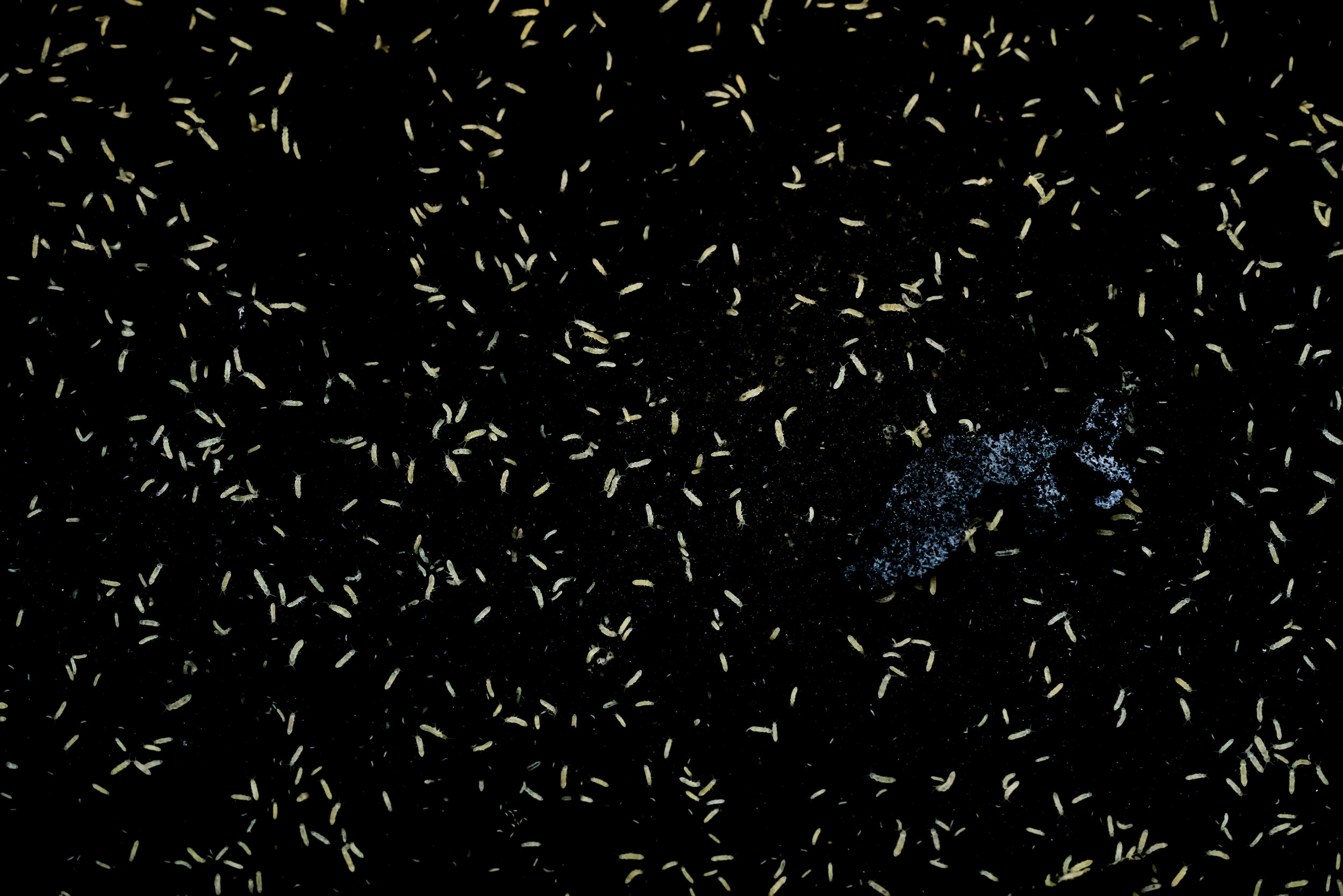

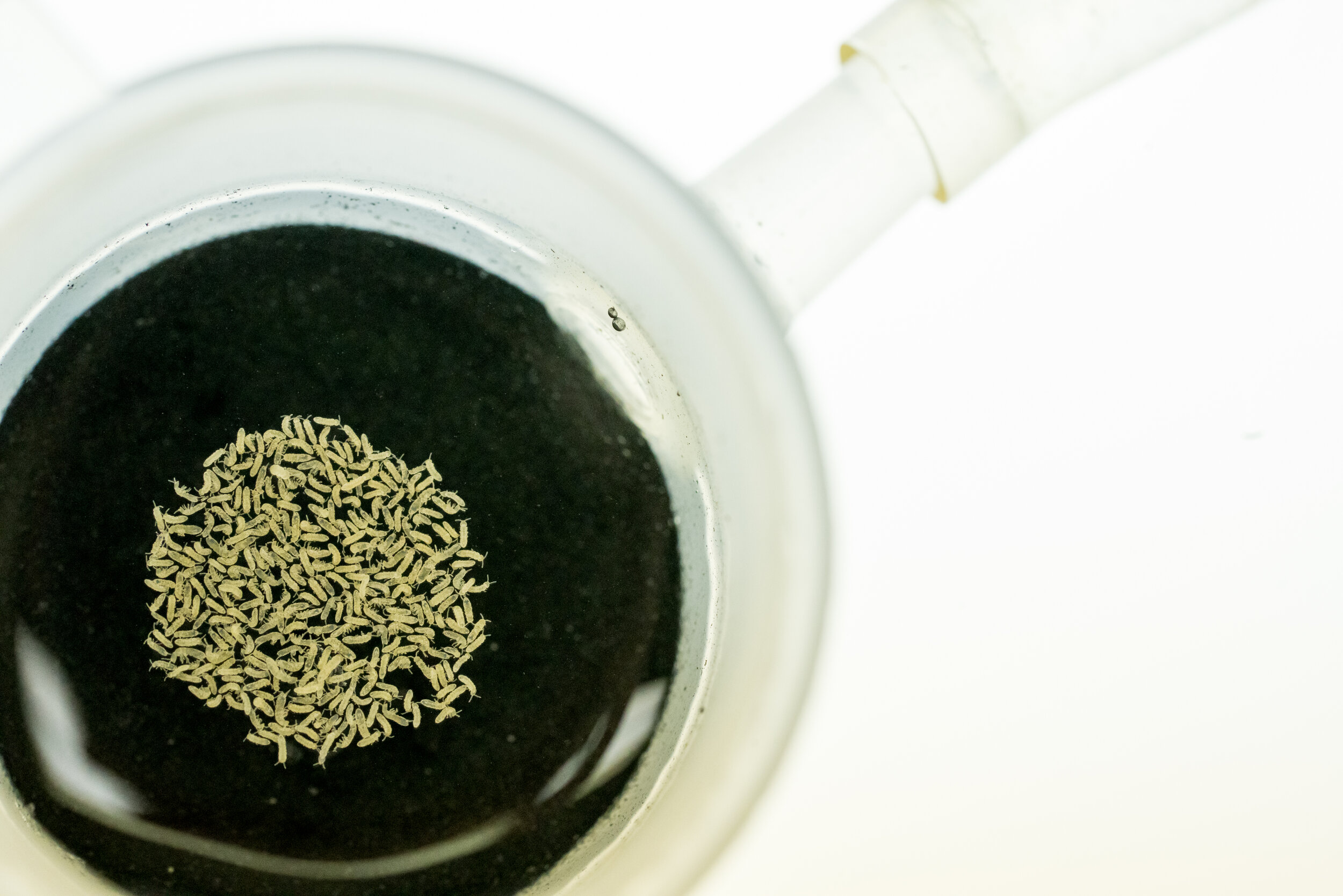

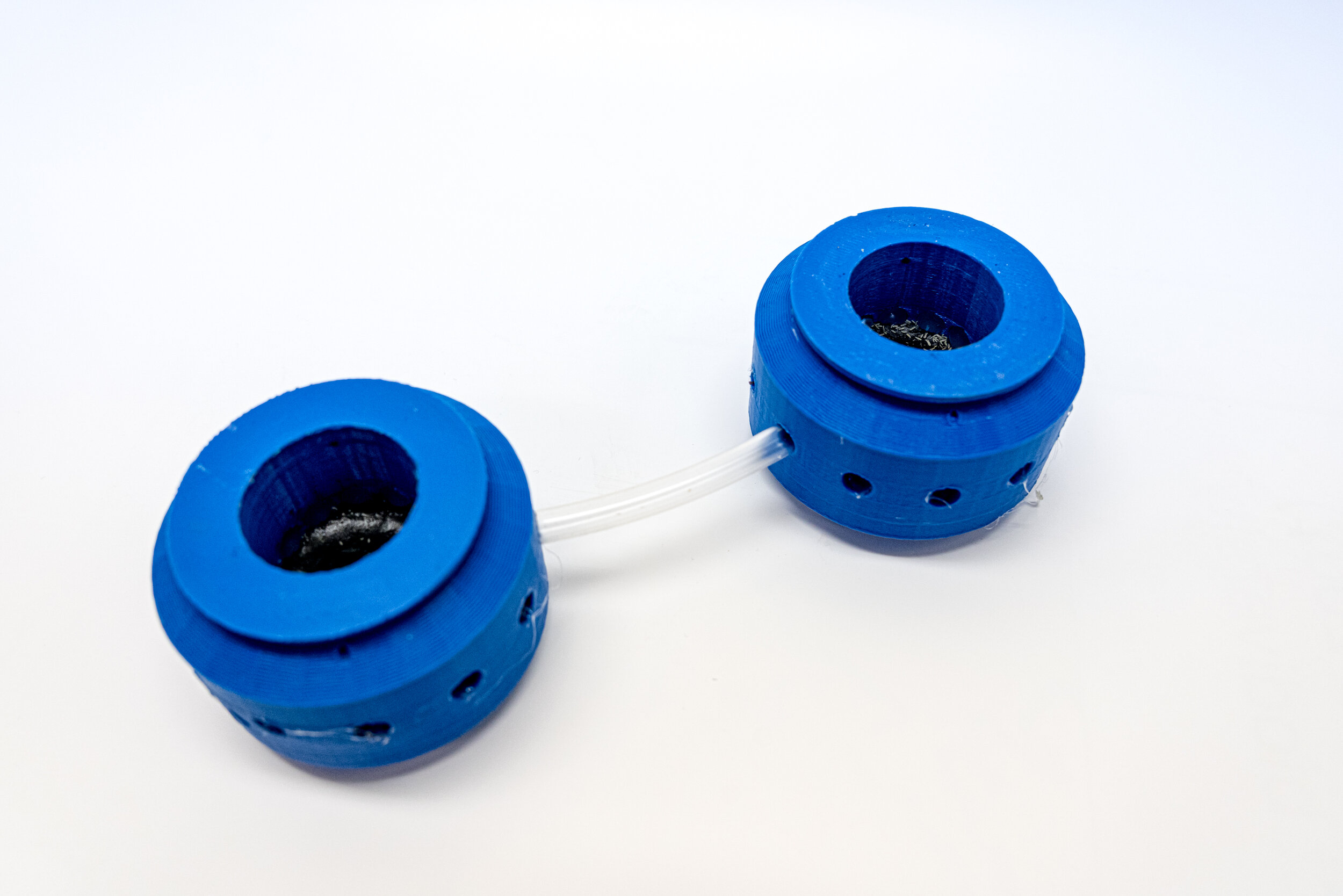
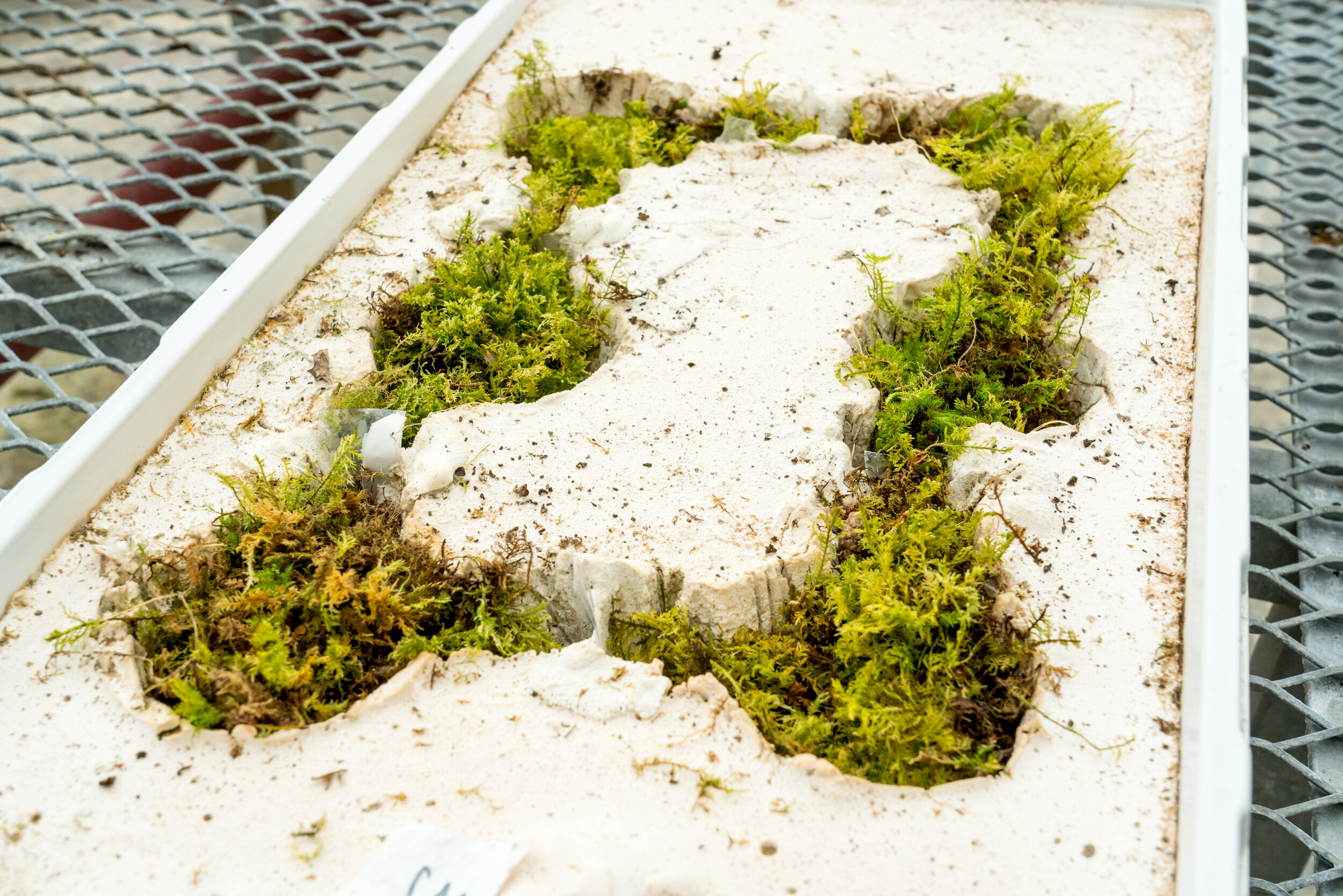
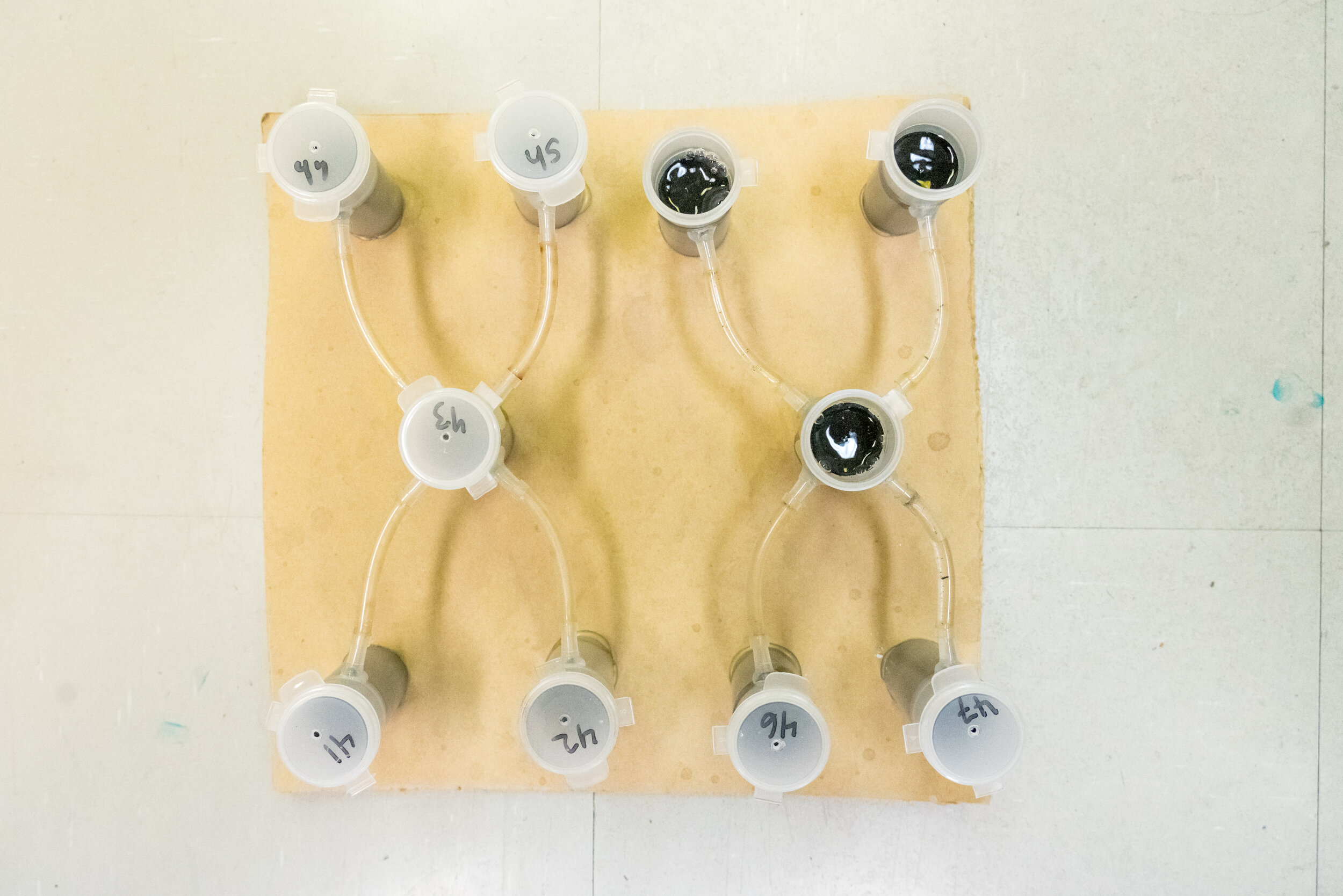


Master Student
Samara is interested in understanding the effects of climate change on biodiversity and species distributions. She is particularly interested in how connectivity can be used in conservation planning in Québec. She is examining how species traits combine to create movement eco-profiles that can be used to better support prioritizations of connectivity.